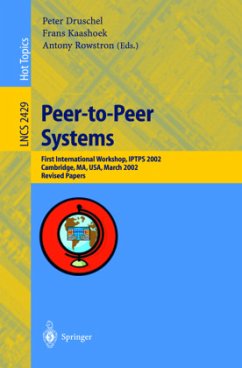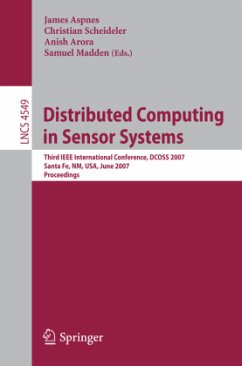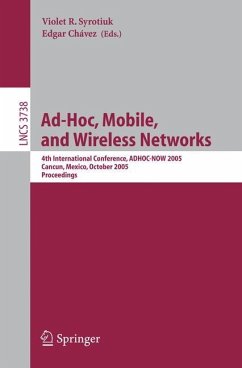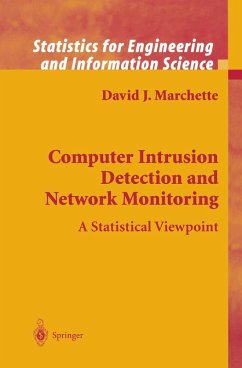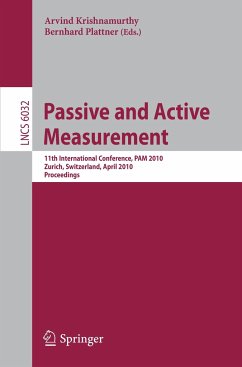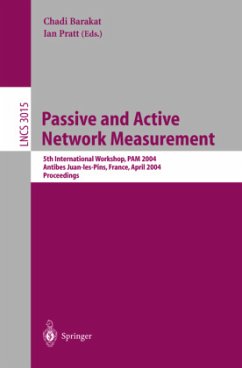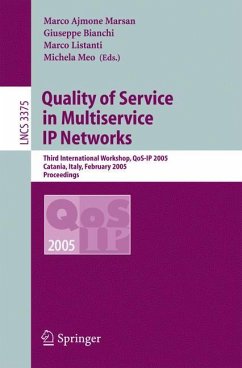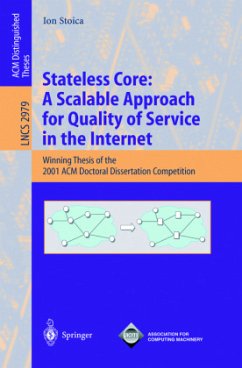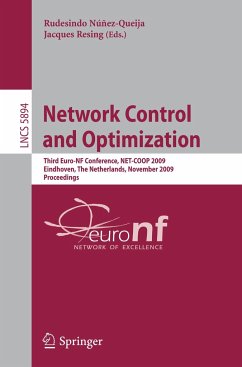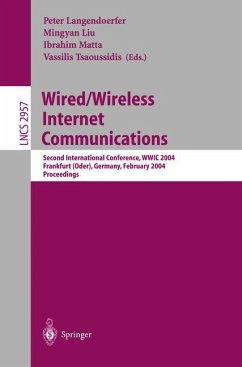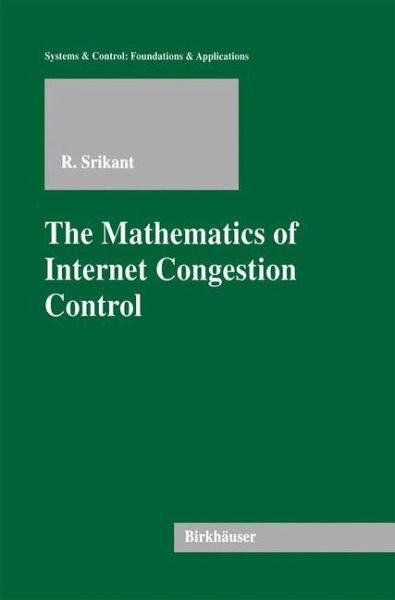
The Mathematics of Internet Congestion Control
Versandkostenfrei!
Versandfertig in 1-2 Wochen
38,99 €
inkl. MwSt.
Weitere Ausgaben:

PAYBACK Punkte
19 °P sammeln!
- Recommended by T.Basar, SC series ed.
- This text addresses a new, active area of research and fills a gap in the literature.
- Bridges mathematics, engineering, and computer science; considers stochastic and optimization aspects of congestion control in Internet data transfers.
- Useful as a supplementary text & reference for grad students with some background in control theory; also suitable for researchers.
- This text addresses a new, active area of research and fills a gap in the literature.
- Bridges mathematics, engineering, and computer science; considers stochastic and optimization aspects of congestion control in Internet data transfers.
- Useful as a supplementary text & reference for grad students with some background in control theory; also suitable for researchers.
Congestion control algorithms were implemented for the Internet nearly two decades ago, but mathematical models of congestion control in such a large-scale network are relatively new. This text presents models for the development of new protocols that can help make Internet data transfers virtually loss- and delay-free. Introduced are tools from optimization, control theory, and stochastic processes integral to the study of congestion control algorithms.
Intended for graduate students and researchers in systems theory and computer science, the text assumes basic knowledge of first-year, graduate-level control theory, optimization, and stochastic processes, but the key prerequisites are summarized in an appendix for quick reference. The work's wide range of applications to the study of both new and existing protocols and control algorithms make the book of interest to researchers and students concerned with many aspects of large-scale information flow on the Internet.
Intended for graduate students and researchers in systems theory and computer science, the text assumes basic knowledge of first-year, graduate-level control theory, optimization, and stochastic processes, but the key prerequisites are summarized in an appendix for quick reference. The work's wide range of applications to the study of both new and existing protocols and control algorithms make the book of interest to researchers and students concerned with many aspects of large-scale information flow on the Internet.





